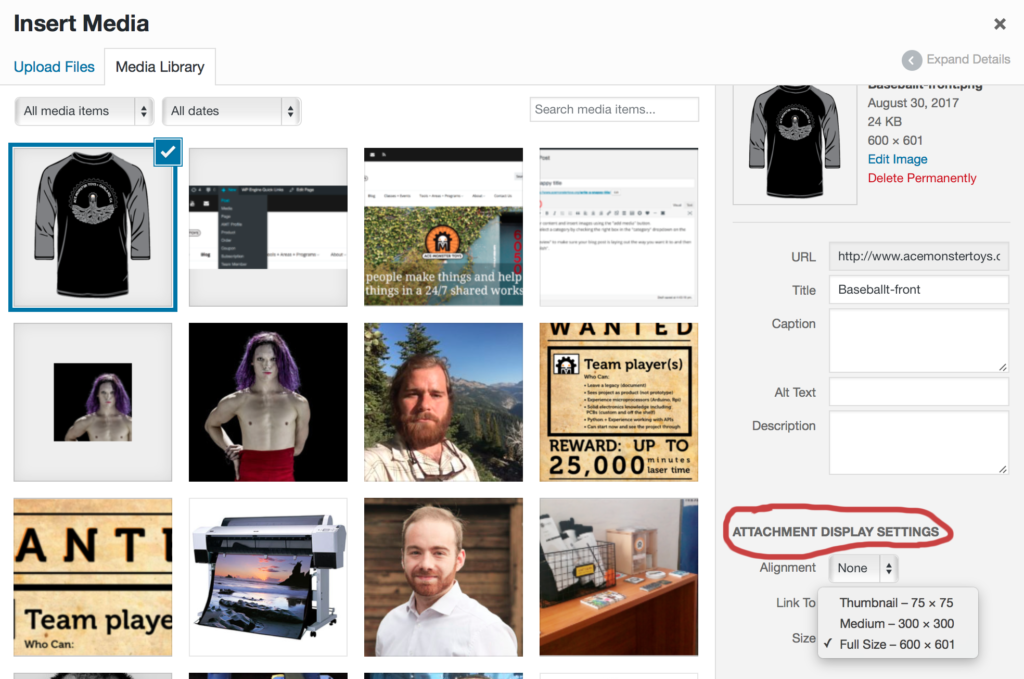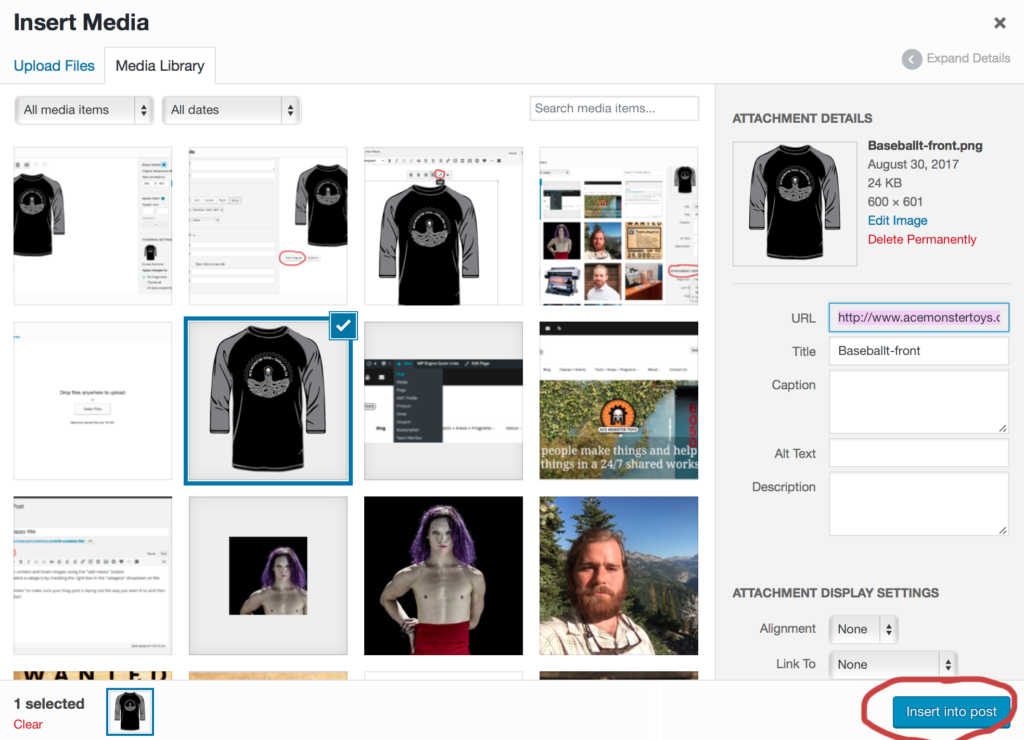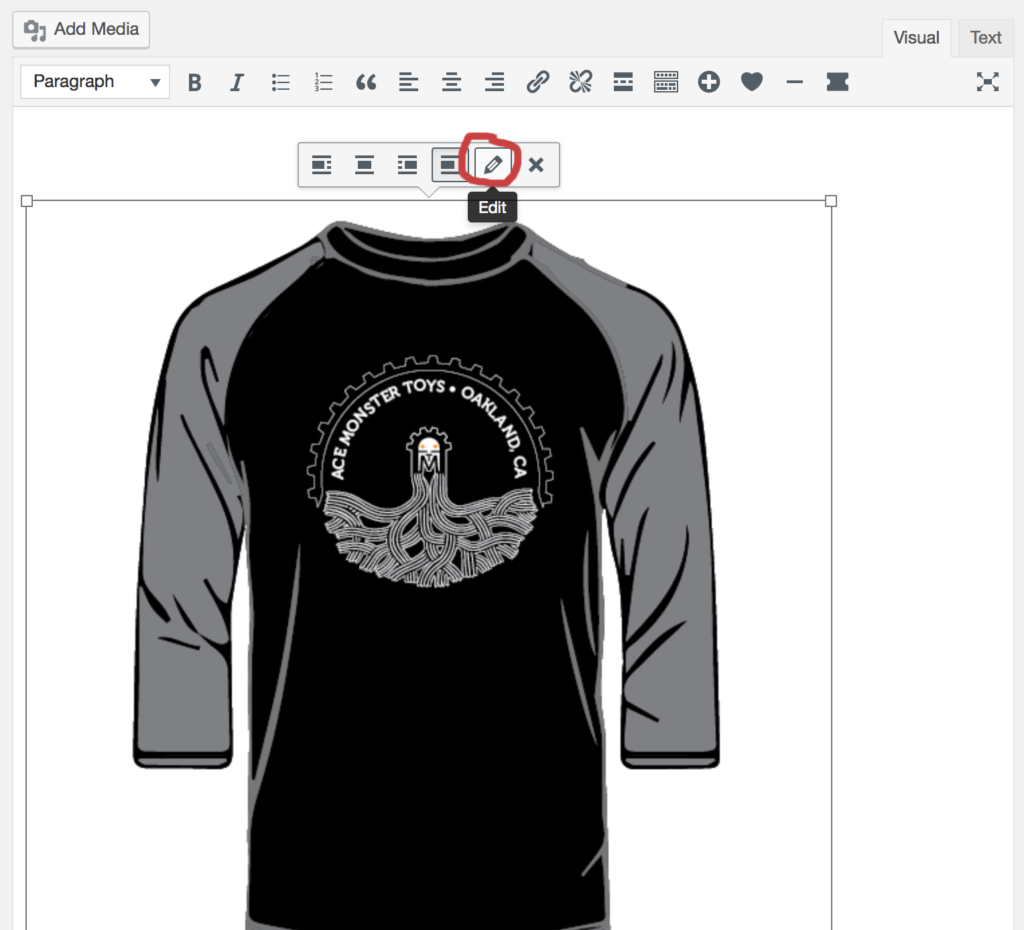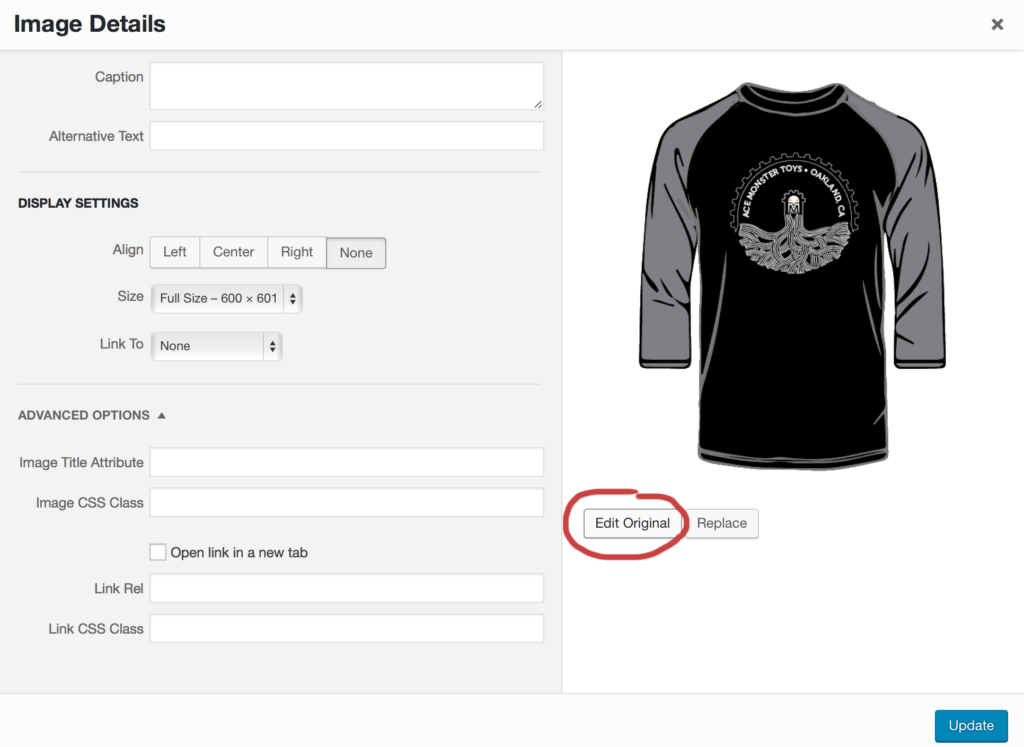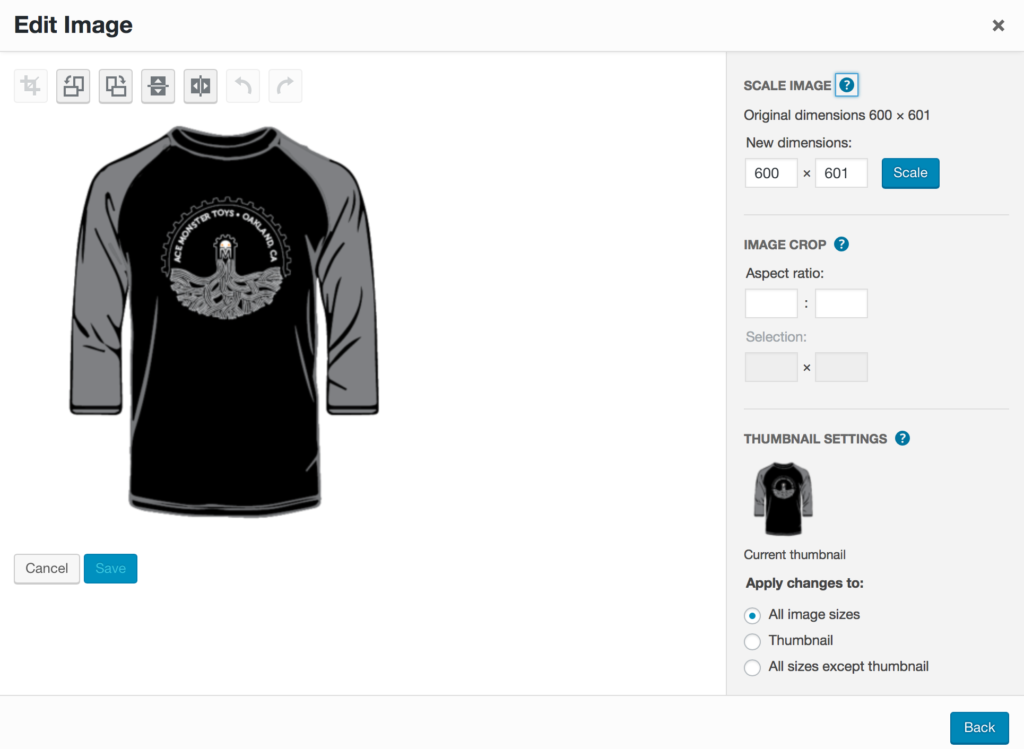This article specifically pertains to transparency in leadership and governance at Ace Monster Toys Makerspace. Information about personal transparency expected of members and guests can be found on our culture page.
Definitions
 Oversight as we are referring to it here is:
Oversight as we are referring to it here is:
a: watchful and responsible care — ex: you to whom oversight of the University is entrusted
b: regulatory supervision — ex: “congressional oversight” or The new manager was given oversight of the project.
 Transparency, as used in this social contexts, implies openness, communication, and accountability. Transparency is operating in such a way that it is easy for others to see what actions are performed. It has been defined simply as “the perceived quality of intentionally shared information from a sender”.
Transparency, as used in this social contexts, implies openness, communication, and accountability. Transparency is operating in such a way that it is easy for others to see what actions are performed. It has been defined simply as “the perceived quality of intentionally shared information from a sender”.
The AMT commitment to transparency
Operational AMT has the following structures in place to foster the transparency we are committed to:
- Open Books – Members have access to a read only version of our books at all times. We also publish our yearly p&l to the public wiki.
- Audit-able Meetings – Members can phone in and audit most meetings on mute or attend as silent observers.
- Consistent communication about the state of the Organization – Regular newsletters
- Honestly reporting out – reporting challenges as well as successes
- Clearly publishing and posting policies and social contracts
- Clearly stating what members are and are not entitled to (for example, member are entitled to a safe making environment. Members are not entitled to access to contractors AMT hires to do work.)
AMT directors, officers, stewards and project leaders have committed to:
- Being clear about how decision making is happening
- Announcing what a decision is once it has been made or when it changes
- Fostering feedback in open discussions on AMT platforms
- Reporting out about what feedback will be acted on and what won’t
- Announcing what style a project, program or initiative will use (i.e. agile, decentralized, directive, etc.)
How transparency plays out in a volunteer run community

As a volunteer-run community, AMT projects and initiatives are often planned and acted upon in a decentralized fashion. What does or does not happen is the emergent property of the community, the will of individual volunteers and their availability and of course follow through.
Decentralizations also means that often projects/initiatives don’t have formal plans made – such as a project manager might create. Instead they have a responsible sponsor/project lead who is trusted to collect the right information to make good decisions as the project progresses. This trust in leaders also extends to dealing with plans and decisions that might need to change in-the-moment. When conditions change plans and choices may change. Failure to follow a plan is not a failure to be transparent. Transparency means reporting out when changes happen.
Decentralization and being volunteer-run means that information is dripped out over the course of a project or initiatives as it happens. What is also means is the the level of engagement (and access to influence and information) is informed by what role somebody has… this is a classic tie between responsibility and authority.
Director/Officer – Provides oversight, gets information by requesting information or reading reports or accessing public channels
Officer/Project Lead – Provides project/initiative management and makes final decisions, distributes informations on public channels as things happen / decisions are made, reports our results, has the most real time information
Project team member – Actively works on the project including planning and is committed to seeing the project though to completion, included in almost all planning discussions if they happen, has virtually real time information, participates in post project/launch documentation
Project contributors – Actively works on the project yet is not committed to seeing the project to completion, receives access to information along the public channels or by request related to the task they are taking on
Member – The general membership has basic information distributed via public channels (usually Slack), engages in discussion, gives feedback on public channels — information access will vary based on relevance to the audience or resources available for documentation
Oversight and leadership at AMT
The are 5 kind of formal leaders at AMT. Project leaders and stewards who are supervised and supported by officers, usually the president, vp, or community liaison. Officers who are supervised and supported by the board of directors. There are certain instances where committees are forms and those members are overseen and supported by officers and directors. All leaders have some degree of autonomous authority to accompany the responsibilities they take on. There is no instance where a member is granted authority in a decision making body without responsibility.
Disagreements and transparency
Makers are generally very invested in how things are done. There will be disagreements about what needs to be done or how something should be managed. One of the fears many people have about transparency, especially when things are decentralized, is that information shared may be misconstrued, misunderstood, or misused.
Example of misconstrued information: Partial information was shared as it is discovered in an effort to solicit timely feedback and it was taken as complete information and assumptions were made
Example of misunderstanding information: A FYI communication about a decision was sent out once the decision was made and it was interpreted as a solicitation reconsider the decision or engage in debate.
Example of misunderstanding information: A communication about a tool use policy is sent out and is misunderstood as a policy about all tools not just the tool being mentioned.
Example of misuse of information: Leader shared what a decision was after a contentious conversation and it was met with debate or derision.
What transparency is not
- Transparency is not oversight – Requiring to know what all decisions are before they are made or acted upon is oversight. The authority of oversight is held based on role in the org.
- Transparency is not research – Sometimes accessing the information that is out there takes a little bit of work. Asking somebody else to do that work for you might get you a response of “no”. That no isn’t a denial of transparency but rather a denial of service.
- Transparency is not entitlement to a role – Members are not entitled seat at every table or a position on every team. While engagement and volunteerism highly encouraged, wanting authority or a role is not guaranteed simply by asking for it.
- Transparency is not taking all the advice given – Being able to give feedback is part of transparency… having all of your feedback or advice acted upon is not.
- Transparency is not debate – Debate has its place in decision making. It is not a requirement of decision making or transparency.
- Transparency leaves room for change – Things change and a previously published piece of information might become inaccurate. Project plans especially might change. As long as those changes are reported out we are still fulfilling out obligation to good transparency.
- Transparency is not knowing the unknowable – Answering a question may not always be possible. Not answering a question because you don’t know or a decided hasn’t been made or are deferring a decision is not a denial of transparency.
- Transparency is not license to disrespect somebody’s authority – Sometimes with transparency it means you might be on the receiving end of unsatisfying information. Or even information you disagree with. Asking questions about those decisions or situations is fair enough. Using your “power to question” to to aggressively pressure somebody is harassment and is not okay.
- Transparency is not unlimited access to people – Sometimes finding the information that is out there involves peoples time and energy to teach systems and platforms where that information is house. Everyone is a volunteer at AMT and no-one is entitled to unlimited time and access to other volunteers. Being told that somebody can’t drop what they are doing to address your needs right away is not a denial of transparency but rather a denial of service. Being polite and respecting the time of others is a key tenant of respect… respect is a pillar of the AMT social contract.











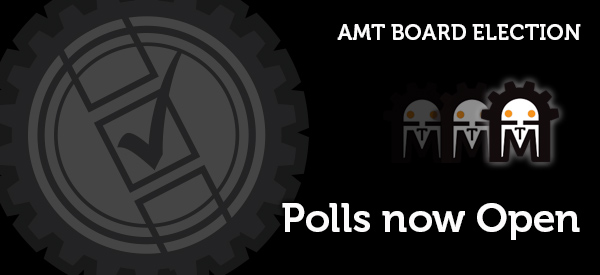

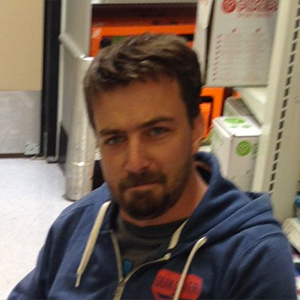


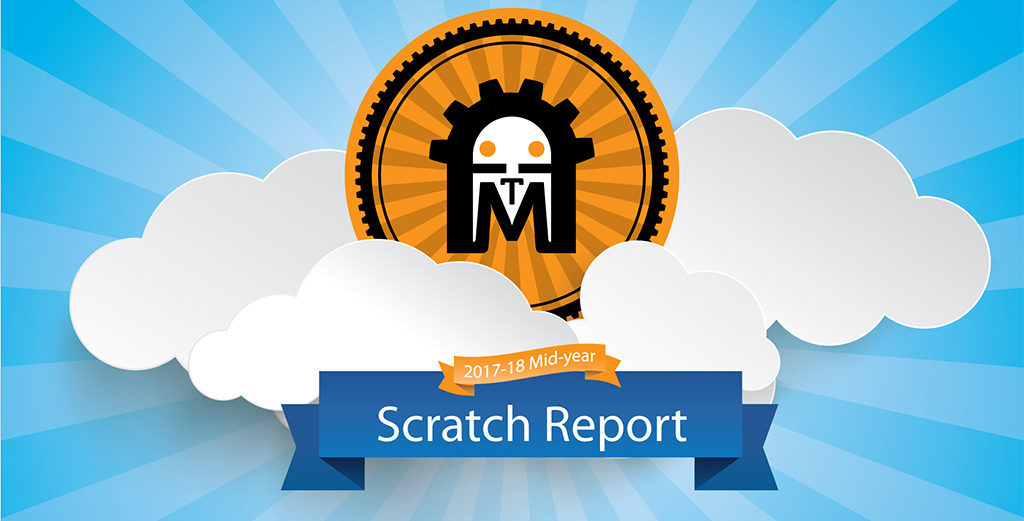

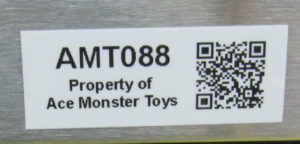
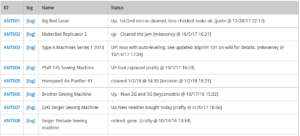





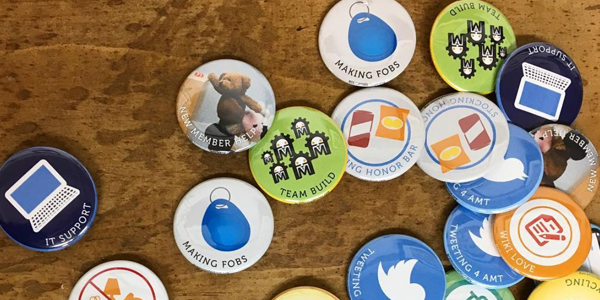
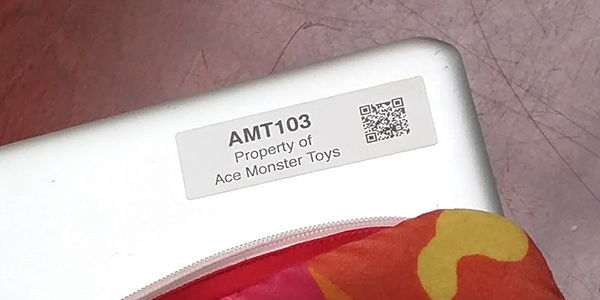
 Oversight as we are referring to it here is:
Oversight as we are referring to it here is: Transparency, as used in this social contexts, implies openness, communication, and accountability. Transparency is operating in such a way that it is easy for others to see what actions are performed. It has been defined simply as “the perceived quality of intentionally shared information from a sender”.
Transparency, as used in this social contexts, implies openness, communication, and accountability. Transparency is operating in such a way that it is easy for others to see what actions are performed. It has been defined simply as “the perceived quality of intentionally shared information from a sender”.
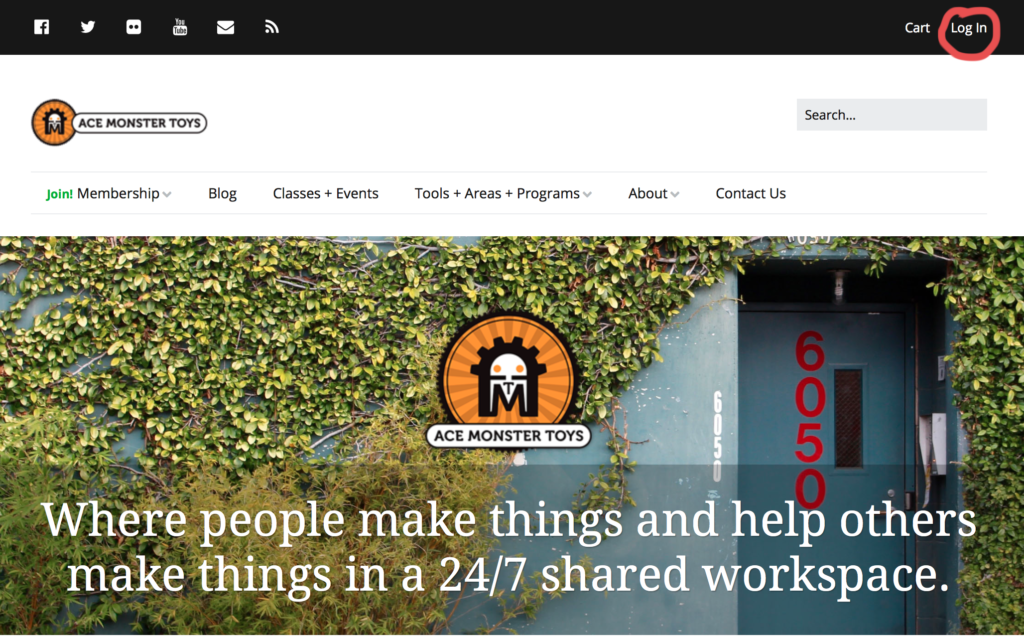
 2.
2. 
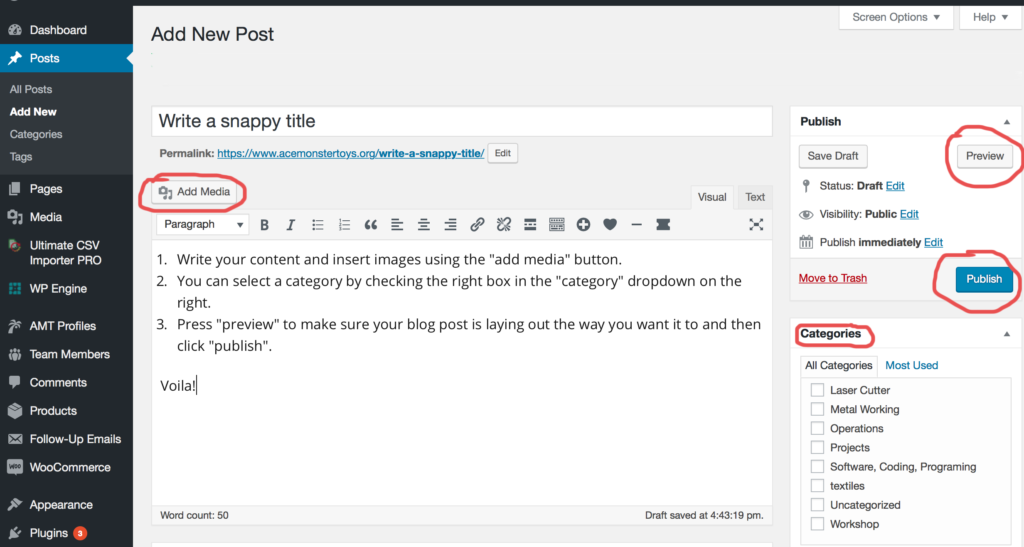 4. Set your featured image. Scroll all the way down to “featured image” in the sidebar, and select or upload an image. The image will automatically be resized to a square thumbnail for the home page, but also shows up full size above your title in the blog. Landscape orientation works best. See the wiki for recommendations on featured image size:
4. Set your featured image. Scroll all the way down to “featured image” in the sidebar, and select or upload an image. The image will automatically be resized to a square thumbnail for the home page, but also shows up full size above your title in the blog. Landscape orientation works best. See the wiki for recommendations on featured image size: 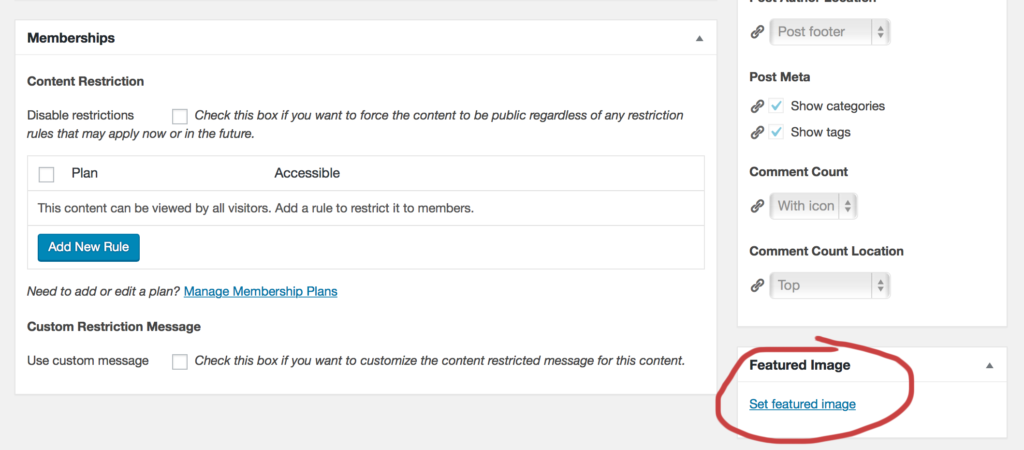
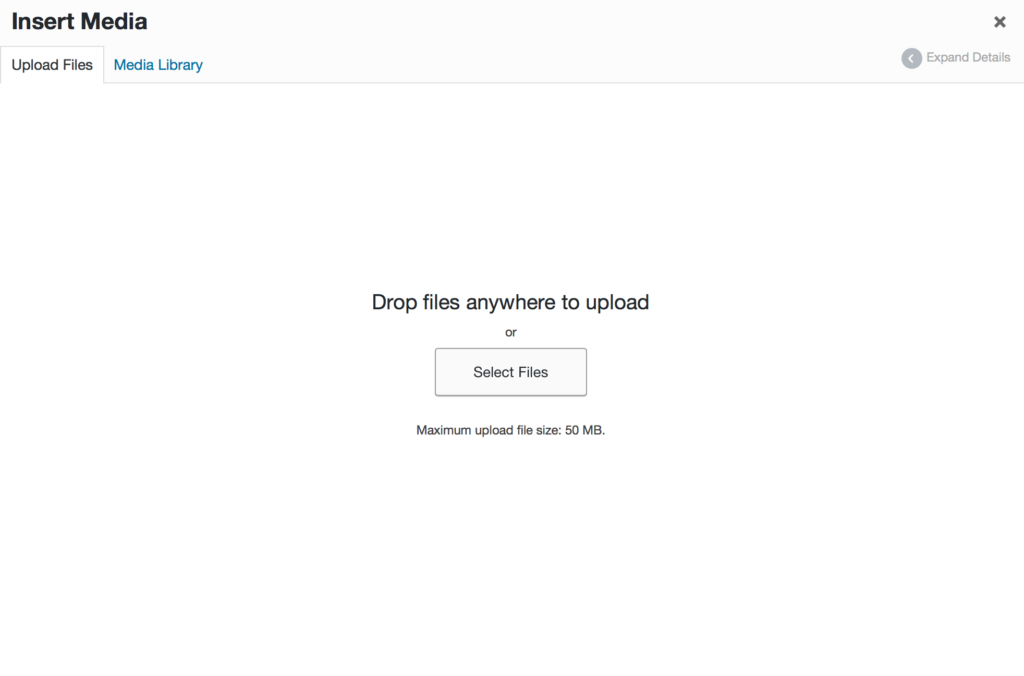 2. Once uploaded to the media library, you can select or deselect photos, and chose their alignment and size in the dropdown menus under “attachment display settings”.
2. Once uploaded to the media library, you can select or deselect photos, and chose their alignment and size in the dropdown menus under “attachment display settings”.